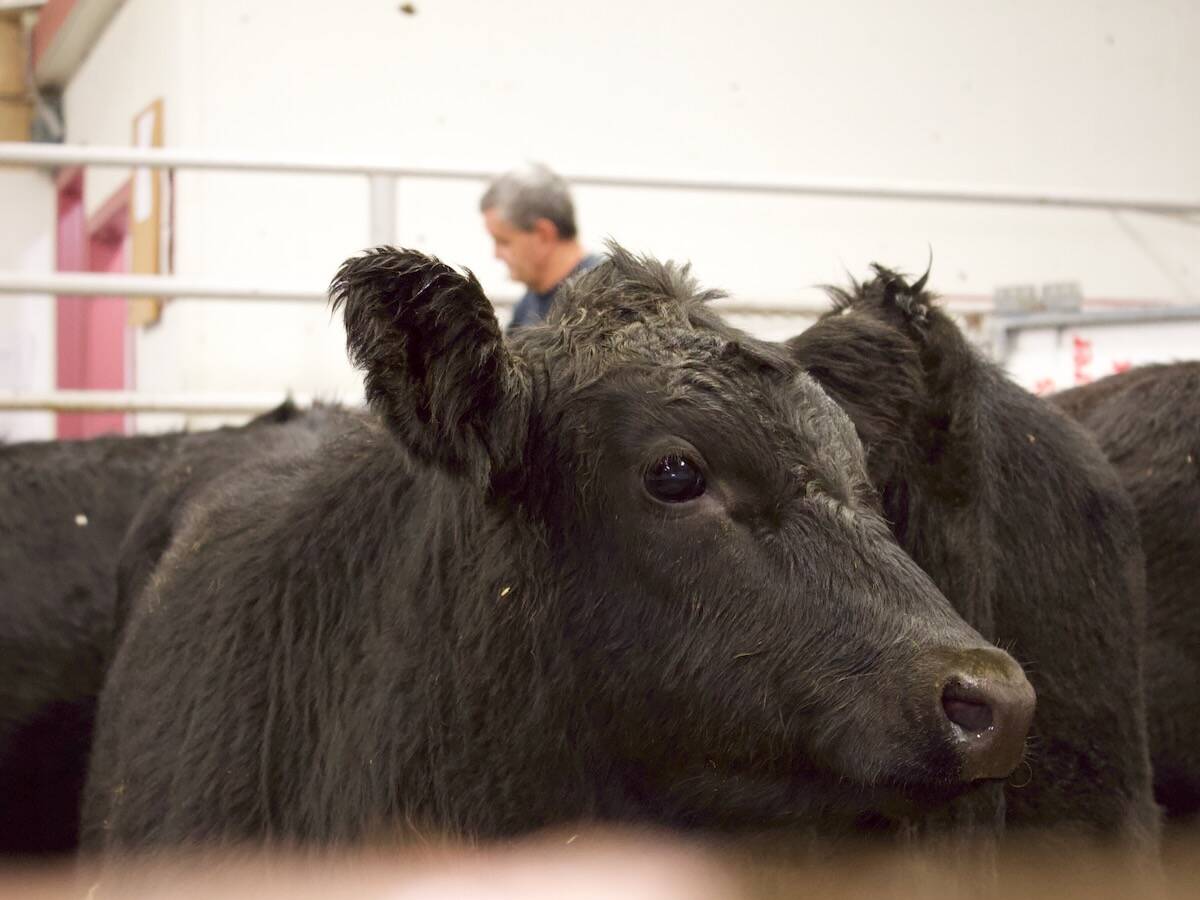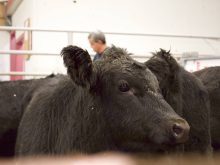Winnipeg (Resource News International) — The closure of a second hog facility in Winnipeg owned by Maple Leaf Foods is a distinct possibility after employees at the plant voted against opening up the current collective agreement, according to officials with the union representing the workers.
“Maple Leaf Foods has threatened to close its Warman Road hog plant as the estimated 600 workers at the plant have refused to open up contract talks early,” said Robert Ziegler, president of the United Food and Commercial Workers Union Local 832.
Read Also

Cash incentive for CRSB Certified beef producers launched
The Canadian Roundtable for Sustainable Beef (CRSB) has launched an incentive payment for CRSB Certified producers.
The current contract with the company does not expire until May 1, 2008, he said.
“The Warman Road outlet presently does a lot of the killing and cutting and Maple Leaf wanted to move those jobs to their Brandon facility,” said Blake Crothers, a media relations official with the UFCW Local 832, referring to Maple Leaf’s hog slaughter plant in that city, about 220 miles west of Winnipeg. “Their intention was that by 2009 all their hog kill and cutting across Canada would be done from Brandon.”
The Warman Road facility, built by the J.M. Schneider company a little over 10 years ago, had been slated to become a ham boning and curing operation under Maple Leaf’s restructuring plan, Crothers said.
In July, Maple Leaf announced that it would close its primary pork processing facility on Marion Street in Winnipeg by October 2007. The Marion Street facility employed 14 people and processed between 15,000 and 20,000 hogs per week.
Ziegler said at a special meeting with employees from the Warman Road facility on the weekend, union representatives had recommended the opening of the contract early in order to get a full briefing from Maple Leaf on its intentions.
“The membership at the Warman Road facility, however, voted by a margin of two to one against opening the collective agreement early,” Ziegler said, noting the unionized employees felt the company would not close the plant.
An estimated 400 employees at Maple Leaf’s Lagimodiere Blvd. facility, meanwhile, have agreed to open up the collective agreement early with the company guaranteeing that the plant will remain open, Zeigler said.
That contract had also been scheduled to expire at the beginning of May 2008.
Ziegler said Maple Leaf will meet with union representatives at a yet-to-be-determined date and time next week in regards to the Lagimodiere operation.
“As for the Warman Road employees, the future may not be as bright, as Maple Leaf tends to follow through with its threats,” Zeigler said.
Crothers said Maple Leaf had been planning on meeting with representatives from both facilities and had some specific timetables in mind. However, with the Warman Road employees refusing to open discussions, Maple Leaf is now taking into account the closure of that facility and planning a different restructuring.
The attempt to open up the collective agreements early was linked to the need to ensure labor stability, Crothers said.
“In opening up the agreement early, Maple Leaf had indicated they were willing to make concessions, including offering wage increases,” he said.
Crothers said Maple Leaf had planned to invest a lot of capital in new machinery and wanted to make sure that if the company was to proceed with this commitment, there would be stability in the labour force.
He also said Maple Leaf had indicated if it could not make the change at Warman Road from a cut and kill facility to a ham curing plant, there were two or three other locations within Canada to which they could transfer that operation.
Officials from Maple Leaf Foods were not available for comment.















